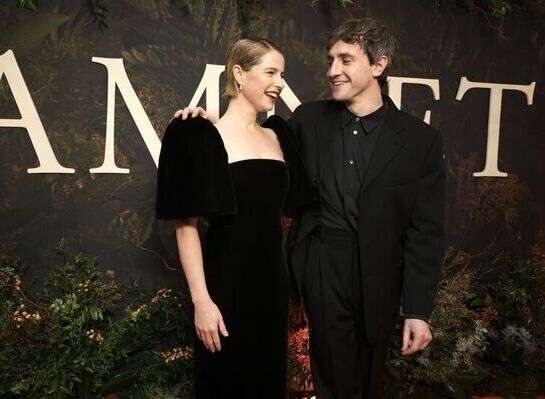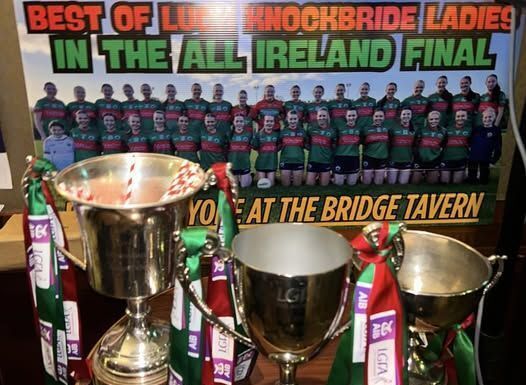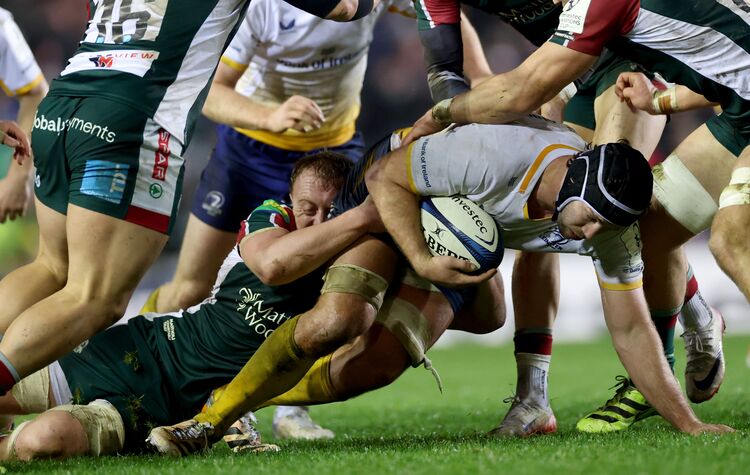“We need them.”
That’s the most important thing people should know about teachers of deaf and hard of hearing students, according to Siobhan Vuotto, who will be honored at tomorrow evening's 40 Under 40 Awards.
There’s a shortage of teachers in the area and a need for resources, but also a need for more research and expertise, which is why the married mother of three sons plans to do a doctorate eventually.
“It was pretty much an instant job,” Vuotto said, referring in part to the dearth of qualified teachers. Of course, along the path to her teaching 11- to 15-year-olds at IS34 in Staten Island, she did a good deal of studying — notably for her Bachelor’s Degree in Educational Studies from Western Governors University (graduating in 2015), and then for her Master’s Degree in Deaf and Hard of Hearing Education at St. Joseph's University in Philadelphia.
She’d previously worked as a full-time paraprofessional, or teaching assistant, in the classroom where she now teaches. Her new status as a qualified teacher of deaf and hard of hearing students coincided with her predecessor leaving.
“Luck” is Vuotto’s one-word explanation as to how she found her career.
She signed on to be a paraprofessional when her now 19-year-old autistic son was in first grade. Then as part of her undergraduate studies, she was placed as a substitute in a class with deaf and hard of hearing children. “I fell in love with it. I learned sign language,” she remembered. “The kids are just amazing.”
Patience was the most important attribute she brought over from being the mother of an autistic child. (“He’s doing well. He really overcame a lot,” she said of her son who is thriving at John Jay College.)
“I always like to look at the child’s strengths,” said Vuotto, who is also the mother of an 8-year-old and a 1-year-old.
“I try to lead everything with what the kid’s great at. We talk about what you did awesome before we talk about what you still need to work on.
“Yes, we teach, but we always need to motivate. If you’re always talking about what you can’t do, it’s really discouraging. I try to keep that in mind when I’m talking to both my students and their parents,” she said.
“My students are in a special education classroom. The goal is to mainstream them, to have them in a regular class,” she said. “But the reason they’re in my classroom is that a lot of them were late identified as hearing loss or they weren’t exposed to sign language at an early age.
“So, they’re language deprived. And when you look at language deprivation, that causes a lot of intellectual disabilities just in terms of working memory. The synapses in your brain only form at certain times.”
Students who’ve missed those times have language deprivation syndrome.
“You get deficits in different areas of learning because you weren’t exposed to the language of it,” Vuotto said. “So, a lot of our work is vocabulary.
“It’s the language deprivation that has caused them to fall behind.”
Vuotto, who is in her fifth year of teaching, said, “Once you have a language, you’re fine.”
Inevitably, some students will compensate by being strong in other areas.
“Their vision is a big part of it,” she said. “And a lot of them learn through patterns.”
Assessments are a challenge for teachers. “Most of them are not applicable to deaf and hard of hearing students,” she said.
They’re not really an accurate representation of the students’ abilities and progress, in her view.
“I’d like to see curriculum and assessments that really apply better to deaf and hard of hearing students,” Vuotto said.
It’s in the area of developing assessments for deaf and hard of hearing students that she wants to be the focus of her PhD. For now, she must adapt, improvise and innovate.
The teacher keeps in touch with her past students, particularly on the school’s Instagram account. “It’s nice to see how they’re doing. My first students are now in college. So, I feel old,” she said, with a laugh.
“They’re doing well,” Vuotto added, and admitted to a certain pride in that. “They’re like my babies,” she said.
She stays strongly connected to her Irish heritage in large part through the influence of her father, who died last year. Her grandmother was born in Ireland and William McCloskey ensured she obtained her Irish citizenship. Vuotto has always taken a great interest, too, in the family tree that he meticulously researched over the years.
A family trait, one he passed on to his daughter, certainly helped with that. “My dad definitely had a lot of patience and perseverance to go through all those records and investigate,” she said.
As for genealogy itself — well, with a little effort it becomes quite easy. And the teacher can see a parallel with something very close to her heart.
“Don’t be intimidated to learn sign language,” she said. “It’s not as hard as it looks.”







